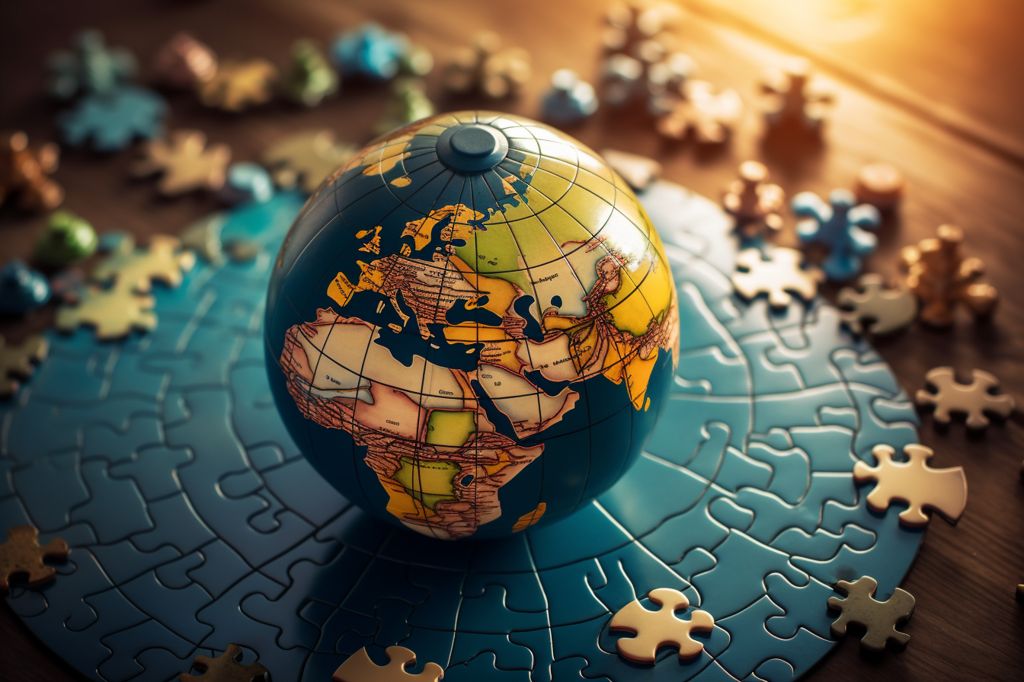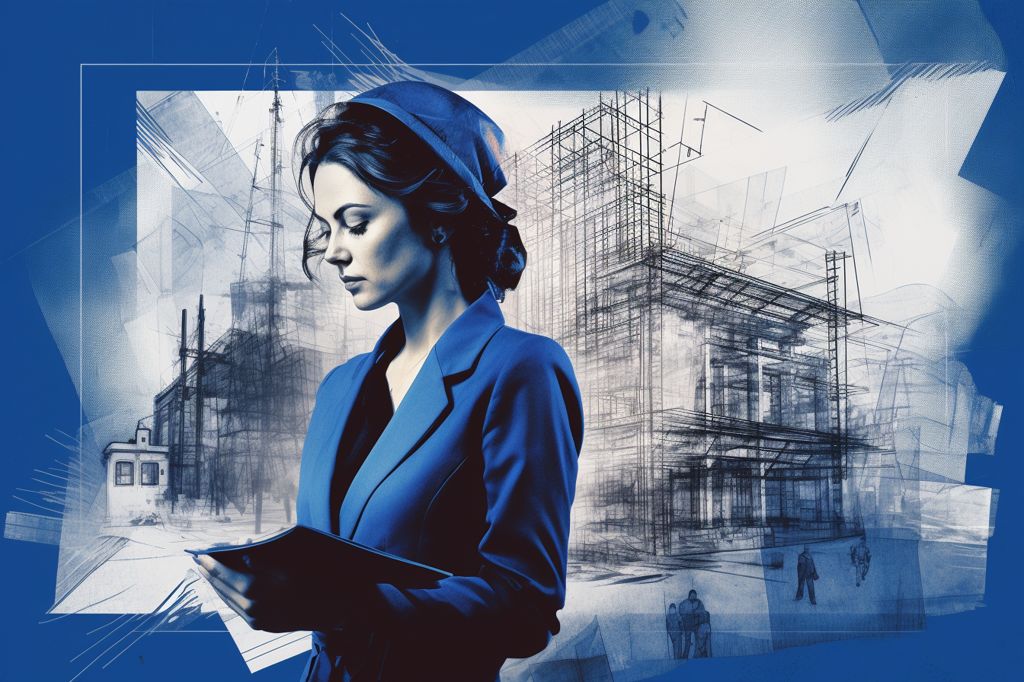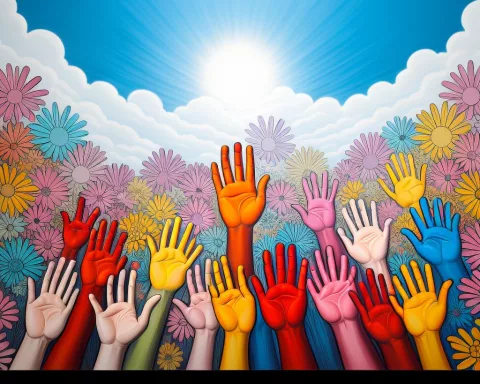Global Challenges and Human Capacity
Amidst a backdrop of war, conflict, and an ongoing pandemic, South African President Cyril Ramaphosa addressed the 78th Session of the United Nations General Assembly, urging for solidarity, trust, and commitment to the principles established by the UN Charter. Ramaphosa’s speech discussed various pressing issues, such as climate change, inequality, and the importance of multilateralism.
Despite the numerous challenges currently facing humanity, President Ramaphosa stressed the human qualities of resilience, innovation, compassion, and solidarity. He encouraged global leaders to embrace these values and work collectively to secure lasting peace, advocate for human rights, and foster social progress.
South Africa’s dedication to diplomacy and dialogue as a means to prevent and resolve conflict stems from its own experience of transitioning from apartheid to democracy. The nation actively supports human rights, dignity, justice, and adherence to international law, all while respecting territorial integrity. This approach informs South Africa’s involvement in the African Peace Initiative, which seeks to address conflicts such as the one between Russia and Ukraine.
Peace Efforts and Regional Stability
President Ramaphosa expressed his concern regarding recent unconstitutional alterations in government across Africa. He called for the international community and the African Union to collaborate in supporting peace initiatives throughout the continent.
The issue of self-determination for the Western Sahara people, in accordance with UN General Assembly resolutions, was also emphasized. Additionally, Ramaphosa highlighted the necessity for peace in the Middle East and stressed the importance of establishing a viable two-state solution for Israel and Palestine.
Denouncing economic sanctions imposed on countries like Cuba and Zimbabwe, President Ramaphosa advocated for women’s empowerment in all facets of life, stressing the significance of gender equality in achieving social and economic progress. He also underscored the need for adequate health services for women, children, and adolescents to enhance overall well-being.
Climate Change and Multilateralism
As Africa experiences more rapid warming than the rest of the world, bearing the brunt of industrialization in wealthier nations, President Ramaphosa urged global leaders to expedite decarbonization efforts while striving for equality and shared prosperity. He stressed the need for increased financial support for developing nations to implement the 2030 Agenda and achieve their climate change objectives in a holistic and integrated manner.
In pursuit of a more inclusive and representative international system, President Ramaphosa called for a renewed commitment to multilateralism and the reform of the United Nations Security Council. He expressed his support for the Common African Position on Security Council reform, which aims to amplify the voice of the African continent and the global South within the UN and the wider multilateral system.
With the establishment of the African Continental Free Trade Area, fostering a seamless trading environment and accelerating regional integration, Africa is mobilizing its collective resources to achieve shared prosperity. President Ramaphosa urged the international community to muster the necessary will and determination to bridge the gap between rich and poor nations, regain momentum towards accomplishing the 2030 Agenda, and secure a peaceful, prosperous, and sustainable future for the world.
Throughout his address, President Cyril Ramaphosa emphasized the crucial role of solidarity, dialogue, and cooperation in overcoming the myriad challenges that humanity faces today. By working together and adhering to the principles of the UN Charter, nations can cultivate peace, advocate for human rights, and guarantee a better quality of life for everyone.









